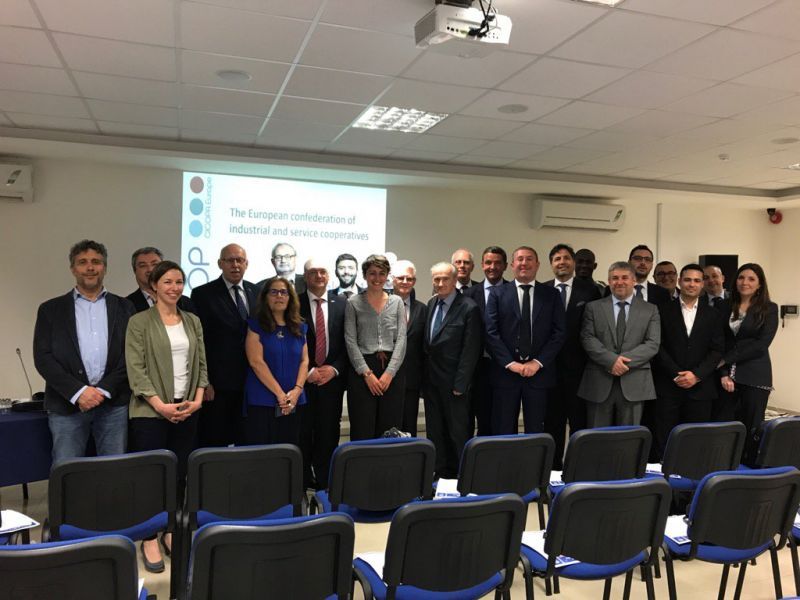
A workshop on Co-operatives and the Future of Work was held on April 26 during the CECOP General Assembly in Malta, looking at how co-ops are leading the search for solutions to new problems facing the global workforce.
The session was set up to analyse the International Labour Organization’s Future of Work initiative on co-ops, which represent around 9% of the world’s population that is employed.
CECOP – CICOPA Europe is a regional body of CICOPA, the world organisation representing industrial and service co-ops, which has spent the last few years analysing and identifying different forms of co-operative work.
The research includes employees, self-employed producers, worker-members, freelancers and independent workers. There are also new working relations such as multi-stakeholder co-operatives.
Researchers found that the co-op sector constitutes the core of this work experimentation and is dealing with pressing issues such as the re-emergence of the informal economy, the management of platforms against the threat of Uber-type business models and refugees’ work.
The workshop is part of a series of initiatives, which last November saw CECOP make a presentation at an ILO - European Economic and Social Committee (EESC) Conference on the Future of Work.
CICOPA is completing a second study on co-operative employment, following up one carried out in 2014, with updated figures and a particular focus on the informal economy, platforms, the various forms of work and statistical methodology.
CICOPA, in partnership with the ILO and the Committee of Cooperative Research of the International Cooperative Alliance, is also drafting a book on co-operatives and the world of work.
Photo: delegates attending the Future of Work workshop in Malta.




